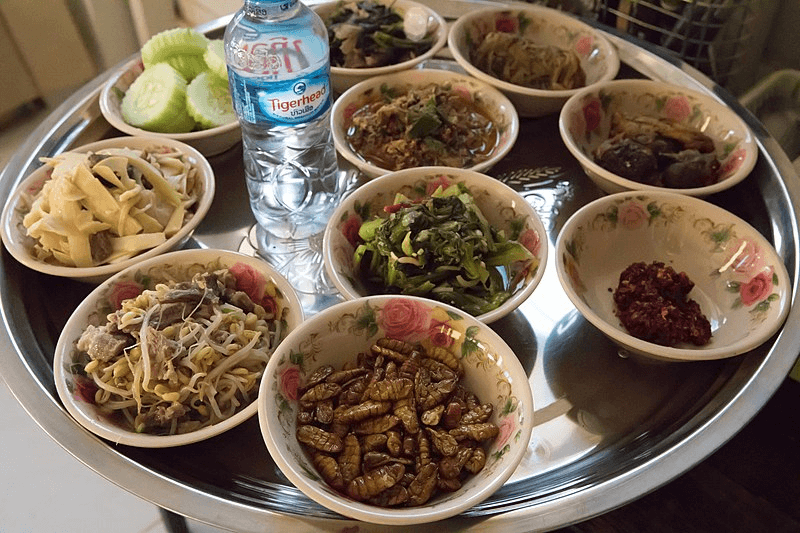Insect proteins have many advantages, from an environmental perspective, over cattle. According to the World Economic Forum (WEF), insect farming requires lower levels of land and water use, and a 2010 study suggested that insects are connected to around 1% of the GHG emissions compared to that of ruminants. Furthermore, they are also often very high in protein, with crickets, according to one researcher, containing nearly three times the protein content of beef.
The big challenge is not getting them to market, but ensuring they stay there. Many consumers are reluctant to consume insect protein: a study found out last year that consumers’ disgust is one of the main barriers to insect consumption, with food neophobia being another.
A study later in the year cemented this by showing that those consumers who were more familiar with insect proteins were more likely to give them a try.
“Due to globalisation and traveling, traditions and eating habits have spread around the globe as well and some people have encountered insects as food while traveling. Eating habits and traditions change over long time and so insects will sooner or later be seen as ‘normal food’ as it has happened with sushi or lobster,” [insect protein company Essento CEO and founder Christian Bärtsch] told us.































